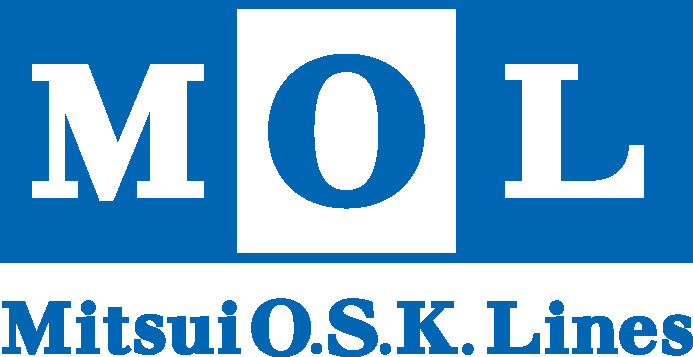In 2024, Starbucks opened its first store in Dar es Salaam, the largest city in Tanzania, marking the first Starbucks in East Africa. When I heard this, my first reaction was surprise: "Wait, not Nairobi?" Nairobi, the capital of Kenya, is recognized as the most developed city in East Africa, and it's common for many international brands to first expand there. So, it was unexpected for Dar es Salaam to be the location of Starbucks' first store.
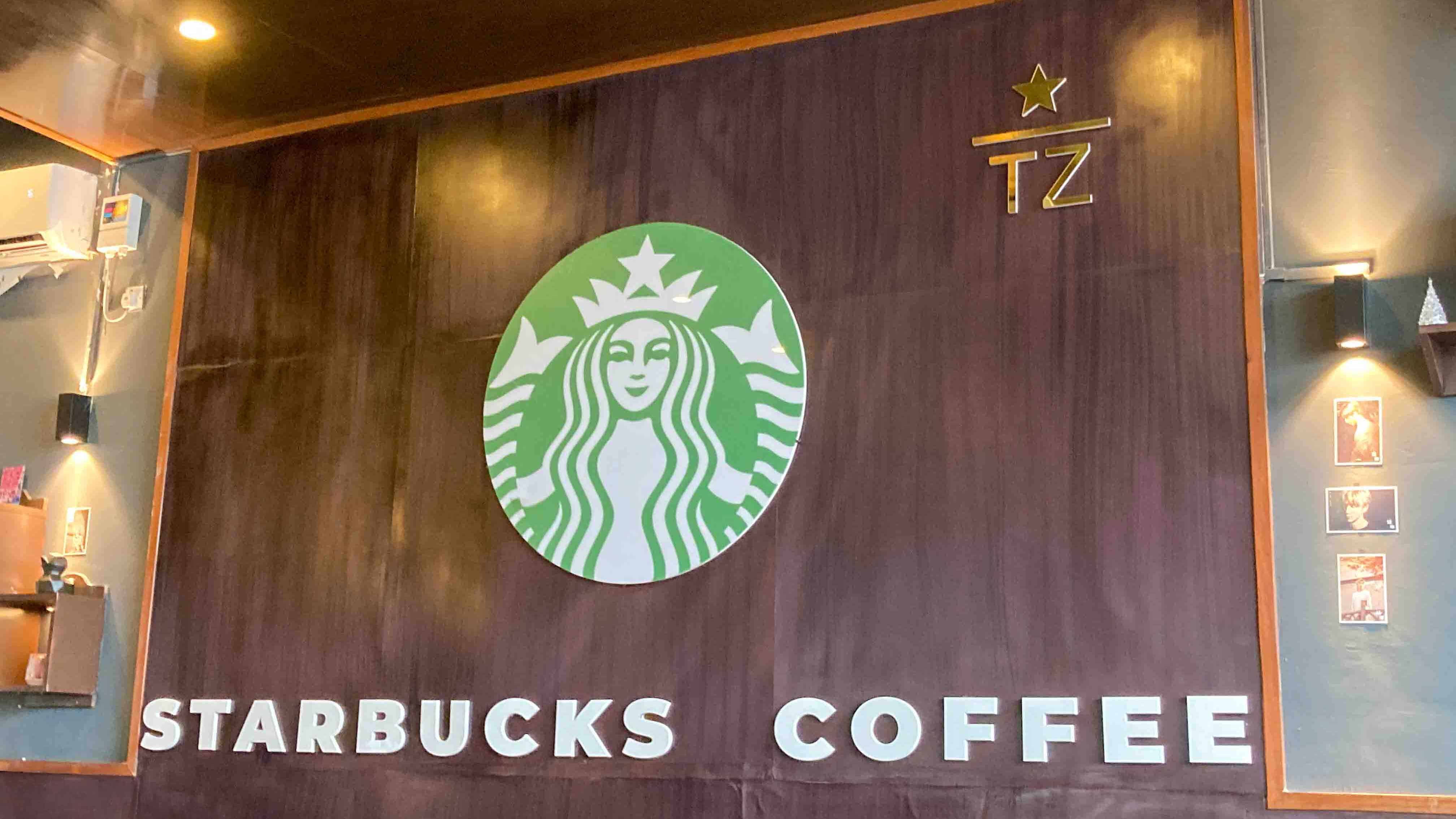
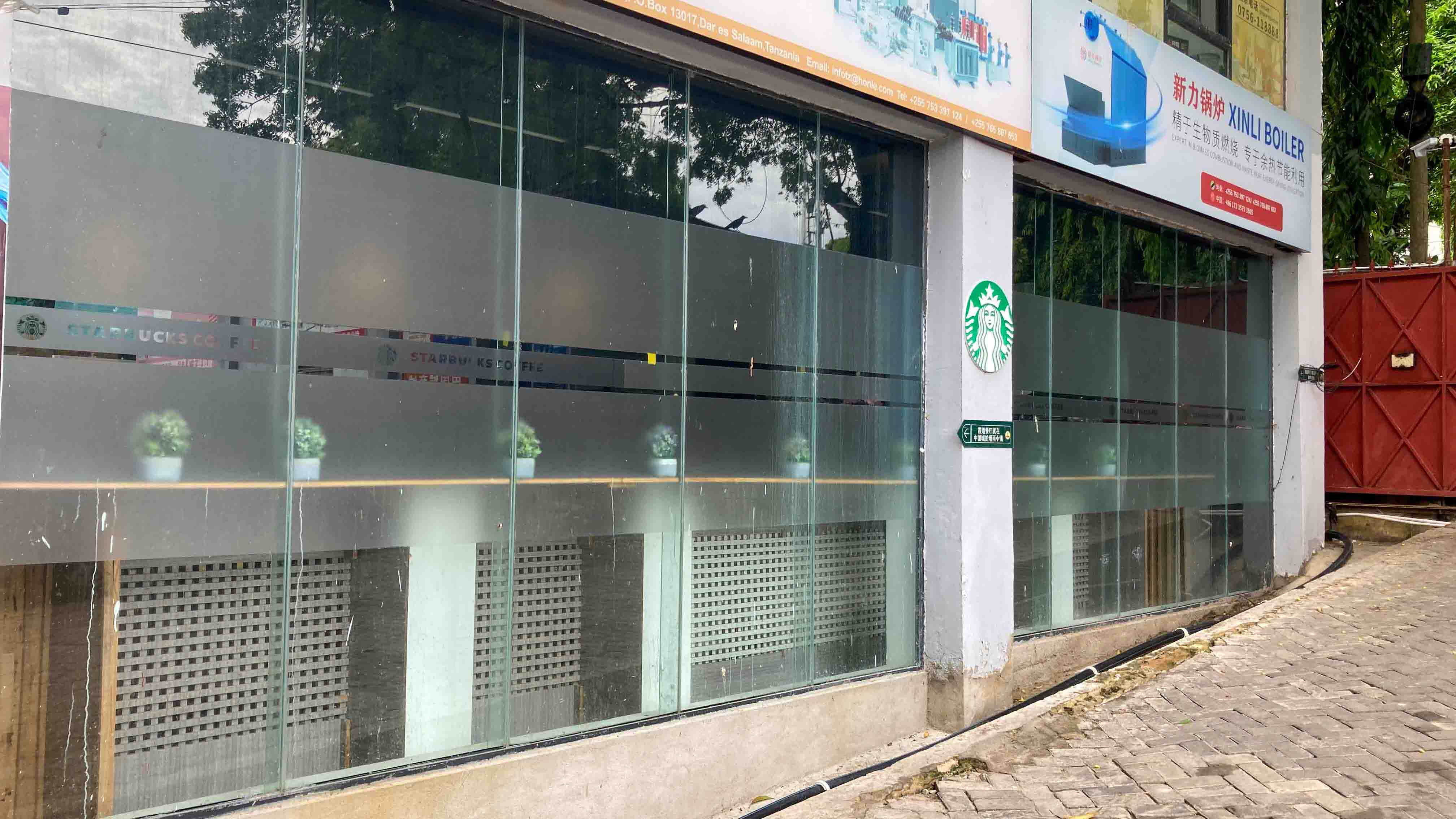
Upon visiting, I encountered a second surprise. The location was not in the city center but in a corner of Chinatown, right next to a supermarket. In Japan, the first Starbucks opened in the prime location of Ginza Matsuzakaya Street, so I couldn't help but sense some strategic intent here.
The menu inside the store was mostly in Chinese, likely targeting the large Chinese community living in Tanzania. I'm not an expert on coffee flavors, but I ordered an iced coffee and found it quite enjoyable.
On the wall was a quote from American poet Robert Frost: "Freedom lies in being bold." The owner who decided to open the first store in this location was indeed "bold," as the quote suggests.
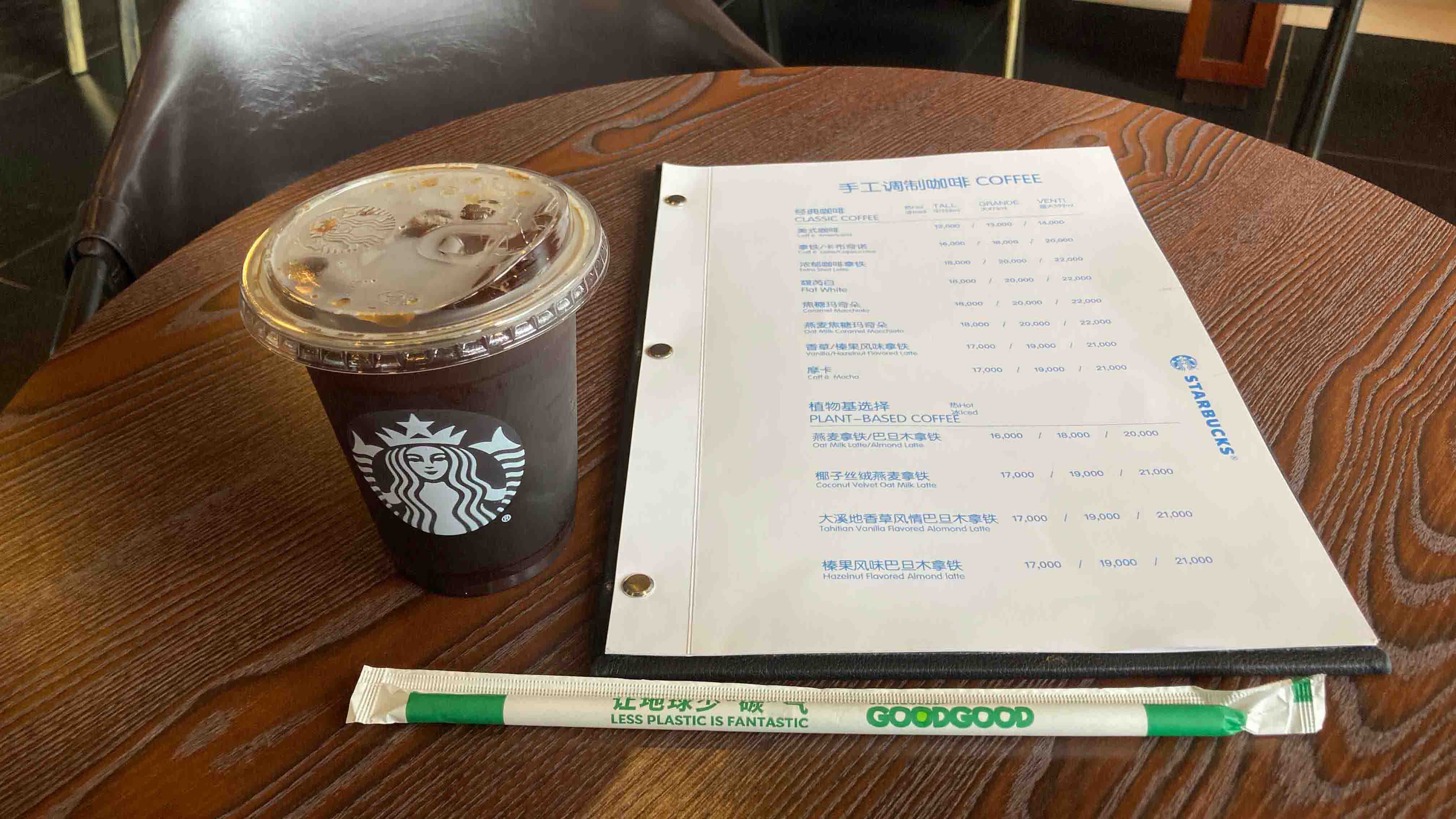
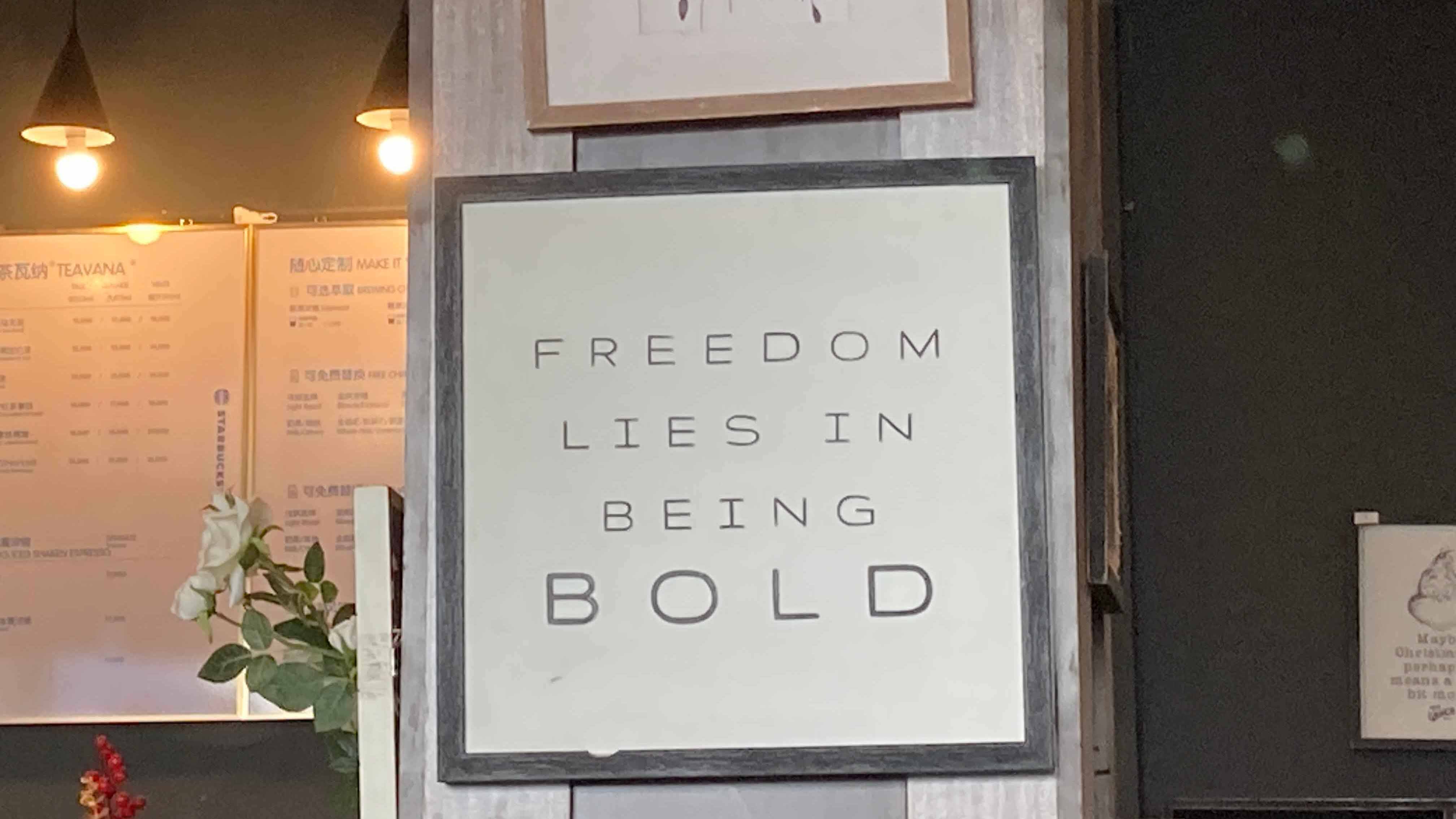
Tea as the Main Character? Tanzania's Beverage Culture
It might come as a surprise, but tea is more commonly consumed than coffee in Tanzania. For example, breakfast typically includes "chai," a milk-rich tea. Markets and bus terminals are lined with stalls selling chai, making it easily accessible to everyone.
Coffee, on the other hand, is often served in tourist spots or trendy cafes but is not commonly seen in everyday life or households. This trend is similar to other East African countries like Kenya and Uganda.
However, coffee culture is gradually spreading, especially among young people and urban residents. The rise of Instagram-worthy cafes and the expansion of international brands seem to be accelerating this trend.
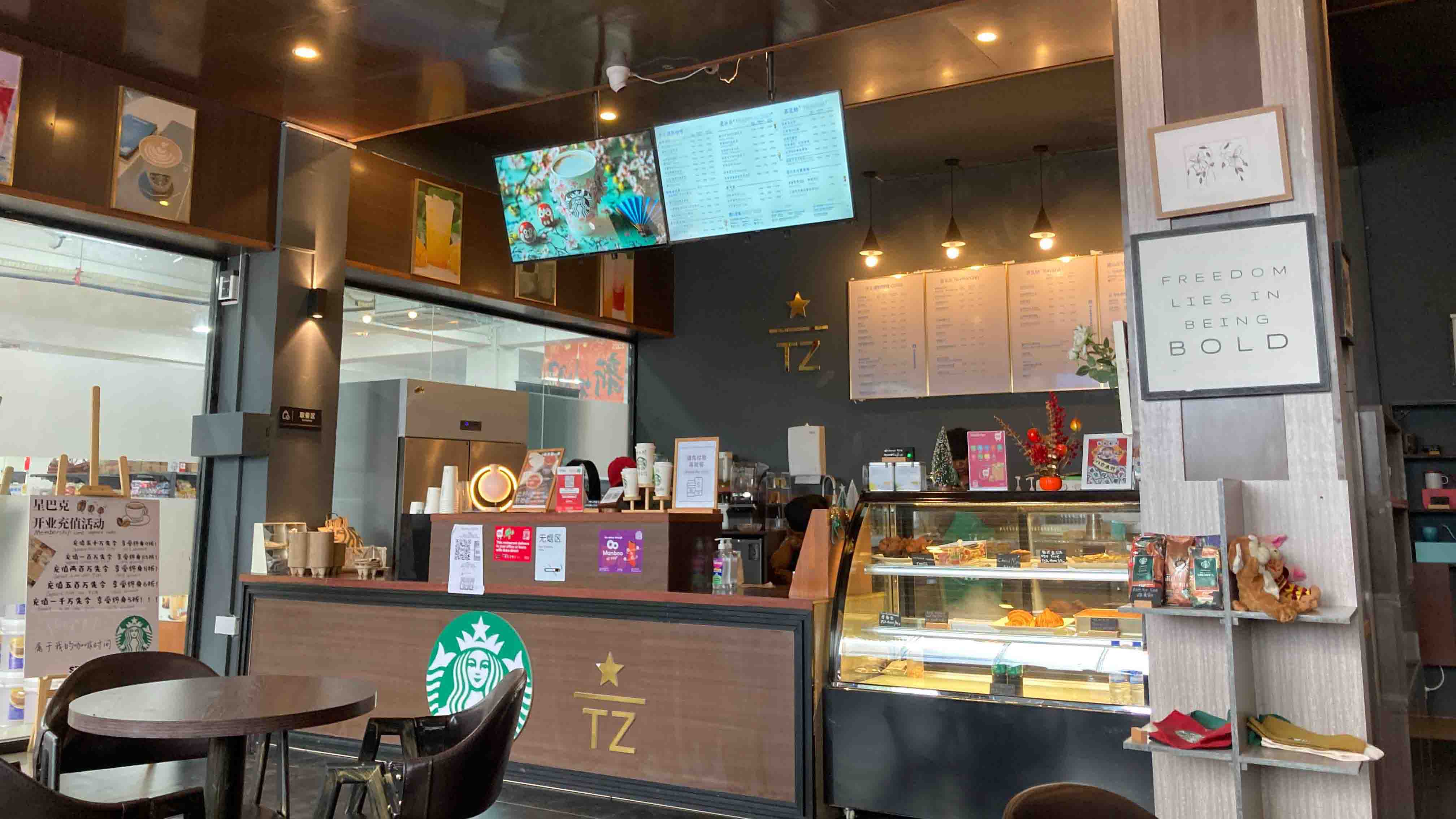
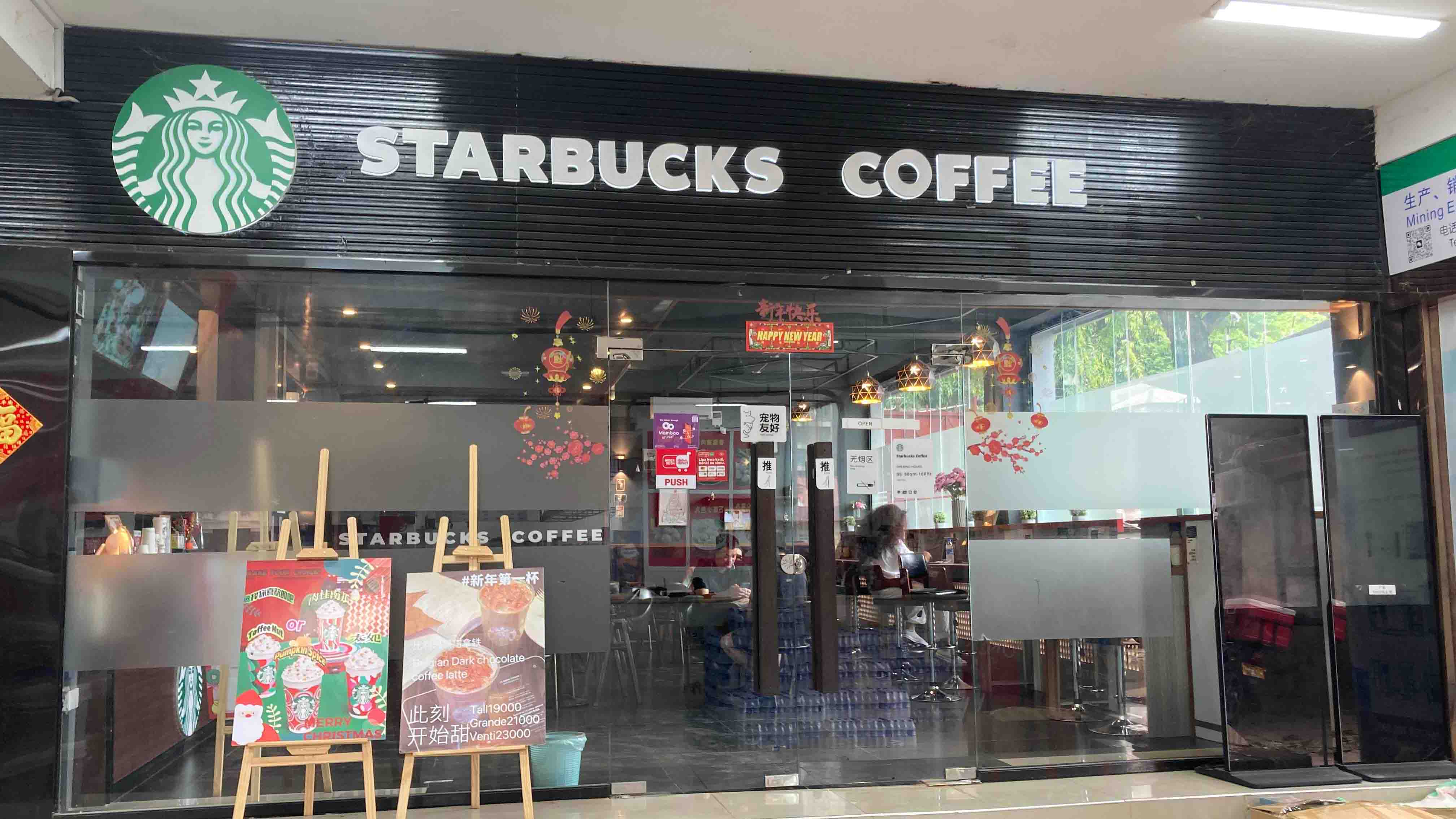
Kilimanjaro Coffee: Tanzania's Pride
Among Tanzanian coffees, "Kilimanjaro Coffee" stands out. This name is not just a nickname; it's a formal brand name protected under Tanzania's Geographical Indication (GI) system. Only Arabica beans grown in Tanzania can be called "Kilimanjaro."
These coffee beans are cultivated in ideal conditions: high altitudes of 1,400 to 2,000 meters, fertile volcanic soil, and a cool, humid climate. The beans are mainly Bourbon-type Arabica, known for their refreshing acidity and aromatic flavor.
In fact, major Japanese brands like UCC and Key Coffee have been handling "Kilimanjaro Coffee" for years, making it a familiar presence for Japanese people.
Tanzania is the fifth-largest coffee producer in Africa, and coffee is a significant export product. However, climate change and infrastructure issues cause fluctuations in annual harvests. Recently, sustainable farming practices, the spread of fair trade certification, and attention to micro-lot (individual farm-level) specialty coffee have been gaining traction.
Within Tanzania, coffee consumption is likely to expand further. The opening of the first Starbucks in Dar es Salaam might be a symbolic event marking this shift.
